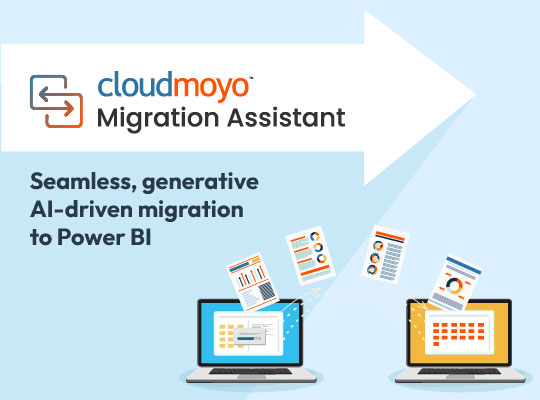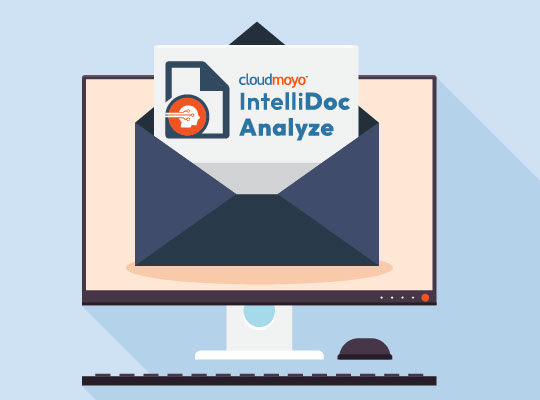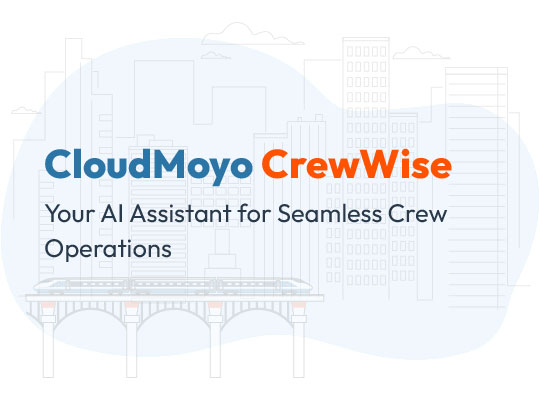Retail organizations generate massive amounts of data. Strangely enough, not many retail players are putting all this big data to its use. However, a Retail Store Chain did that and with their big data strategy, managed to take a refreshing approach in exploiting that data and deriving value from it.
Never have we seen such a dramatic and tectonic shift in consumer shopping behaviors, preferences, and expectations as we are seeing right now. And it’s imperative for Retailers and Brands to adapt and to respond. Doing so requires strategic investments across multiple areas of the business. And it requires solutions that are agile, dynamic, and that empower their businesses to better serve the modern consumer.
Background
The company is a chain of retail stores and an online shopping site, owned and operated by Microsoft and dealing in computers, computer software and consumer electronics. It has 110+ active retail stores across US, Canada, Australia, Puerto Rico with a strong multi-billion dollar retail business via physical and online stores.
The company collects structured and unstructured data that includes expenses, revenue, occupancy, conversions, footfalls, attach and many others. This data can provide significant insights into current state and future state of the retail business on various axes (like store, product, landlords, geography and others), as well as form the basis for making informed decisions on future strategy.
Scattered data made it difficult to analyze store and landlord performances. There was no centralized system capable of gathering data from multiple sources. Also, there was no system to analyze and visualize data on multiple dimensions.
Solution
CloudMoyo is the partner for the retailer’s journey on retail advanced analytics & Machine Learning.
In order to fully use all of their data, the Retail Chain decided to combine a lot of this data together among multiple databases and source systems. CloudMoyo developed a solution that helped in creating ad-hoc reporting on the data available from varied sources. The sales data, Lease Data and Store Data is ingested to create a data model. The data from heterogeneous sources is pulled into a PowerPivot data model using PowerQuery interface. Power BI is used for visualization of the data and performing descriptive analysis while Azure ML is used for development of predictive model.
Backed by these technologies, Microsoft was able to unlock below insights:
-
Store Data Analysis
- Store Data Analysis by Demographic, (State, city), Analysis by anchor stores, vicinity impact analysis
- Sales Analysis – sales revenue analysis by year, by store, by landlord
- Lease Expense Analysis for minimizing capital expenditure
- Performance Analysis- Store profitability and Landlord performance analysis on various dimension
-
Revenue Analysis & Prediction
CloudMoyo team augmented the existing sales, lease and store data with demographic data and developed a Predictive Model that was able to predict the revenue per square foot of the planned store with reasonable accuracy. The team developed the Predictive Model using the Azure ML Studio. The team was thus able to predict revenue at multiple stores based on data and thus was able to prioritize opening of new stores.
-
Traffic or Footfall and Conversion analysis
The focus of every store is to improve the footfall and conversion rate. This gives insight to most preferred categories by state, city, store, over time. One of the key question for analysis is how effective is the marketing done. The retailers are interested in understanding how much is the rise in conversion or footfall for every dollar spent on marketing
-
Real Estate Analytics
- Lease decision optimization
- Lease negotiation assistance
- Revenue Vs Real Estate correlation and trending
- New Store opportunities
- Existing real estate portfolio rationalization
Value Delivered
This tailor-made and customer-centric approach from CloudMoyo enabled the store chain to slice and dice business data from various sources, present information in easily consumable charts and dashboards, speedy decision-making and Ability to predict revenues of potential new stores.
The value of this project can be gauged from critical insights that were derived, some of which are listed below-
- Weather and Demographics have a strong impact on Store sales. US cold states like IL, DE, MD, NJ, NY, OR have higher Online Sales than Physical Store sales.
- Online and Store sales are strongly co-related
- In Store Customer experience and marketing strategy can help lure customers to brick and mortar stores
- Stores in Midwest region have relatively low sales than other states in East and West
With the success of this project, the retailer plans to extend their analytics roadmap to Semantic Analytics such as Social feed analysis & Sentiment Analysis.



















